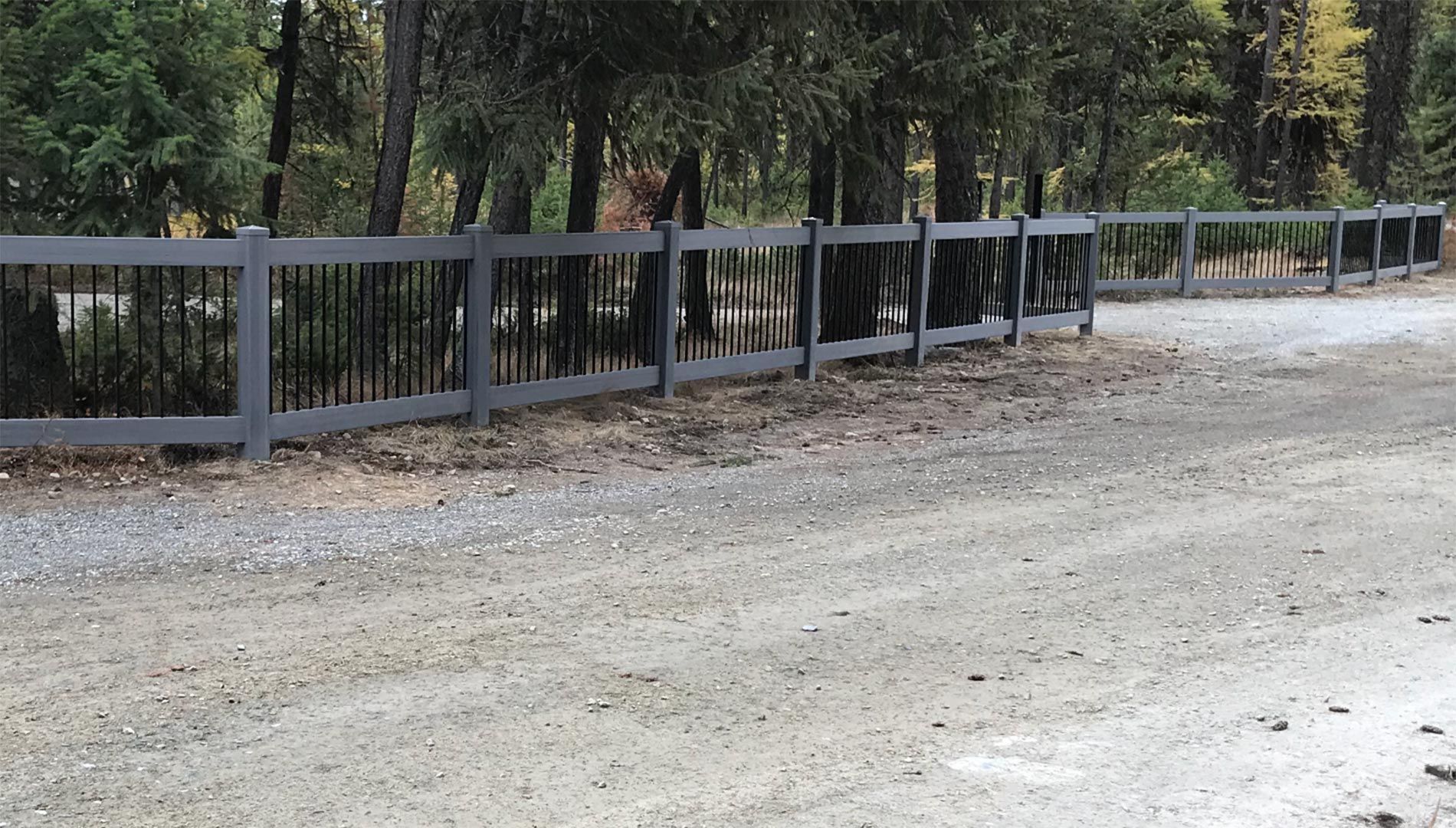Choosing the right fencing for your property can be challenging. Let’s break down the differences between continuous panel fencing and traditional options to help you decide.
Materials and Cost Comparison
When considering fencing, the materials you select will influence both the cost and overall effectiveness:
- Continuous Panel Fencing: Typically made of welded steel, this option is designed for durability and longevity. While the initial investment may be higher, the reduced maintenance costs make it a cost-effective solution over time.
- Traditional Fencing: Comprising materials like wood, barbed wire, or vinyl, traditional fencing is often cheaper initially, but frequent repairs or replacements can add up over time.
Maintenance and Durability Factors
For weather resistance and overall wear, here’s how each fencing option stacks up:
- Continuous Panel Fencing: Built for strength, these panels resist damage from livestock and harsh weather conditions. Maintenance is minimal, usually limited to occasional cleaning or rust prevention.
- Traditional Fencing: Wooden fences can rot due to weather, while barbed wire and vinyl may degrade. Regular maintenance is required to keep traditional fences functional and visually appealing.

Aesthetic Differences
The appearance of your fence plays a role in your property's overall appeal:
- Continuous Panel Fencing: Featuring a contemporary and sleek design, continuous panel fencing suits both residential and agricultural settings. It’s customizable with various finishes and additions.
- Traditional Fencing: Wood and vinyl fences offer a classic, rustic charm, while barbed wire focuses more on practicality than aesthetics.
Best Applications for Each Fencing Type
The purpose of your fence will dictate which type is most suitable:
- Continuous Panel Fencing: Best suited for containing livestock, marking property lines, and high-traffic areas where durability is a must.
- Traditional Fencing: Works well for smaller enclosures, decorative purposes, or areas with limited budget constraints.
Final Thoughts: Which Fence is Best for You?
Deciding between continuous panel fencing and traditional fencing comes down to what matters most to you:
- For long-term durability and low maintenance, continuous panel fencing is the obvious choice.
- For a more budget-friendly or decorative option, traditional fencing might be the better choice.
Assess your needs, budget, and aesthetic preferences to make the best decision for your property.